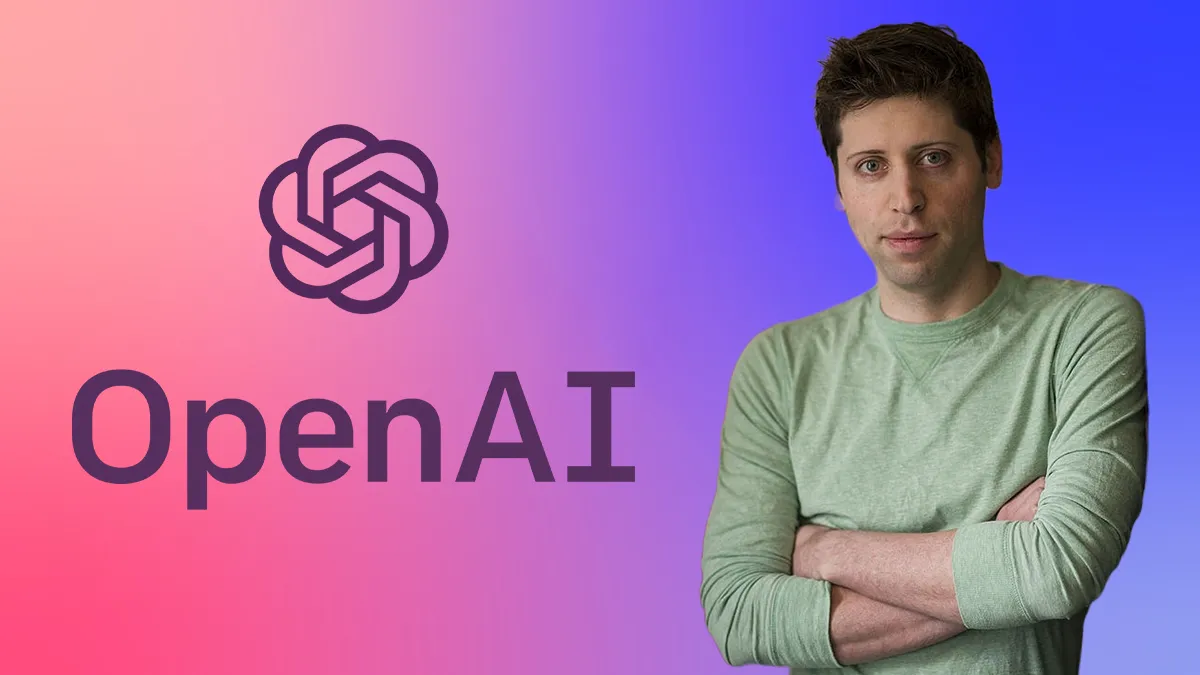Introduction:
In a groundbreaking development reported by Bloomberg, OpenAI’s CEO, Sam Altman, is spearheading an ambitious effort to secure billions of dollars from investors to establish an AI chip company. The primary goal is to build a production network dedicated to manufacturing semiconductors, a crucial component in the rapidly expanding field of artificial intelligence.
Follow us on LinkedIn for everything around Semiconductors & AI
The Plan of OpenAI Chip:
Altman is actively engaged in discussions with several potential investors. The aim is to raise substantial funds required for the establishment of a chip manufacturing plant or fab. The plan also involves collaborating with established chip manufacturers globally to create an extensive production network.
Read More: Make your own App at OpenAI’s GPT Store Using the Power of Personalized AI
Speculated Partnerships for OpenAI Chip:
Among the companies reportedly in talks with OpenAI are G42, an AI company based in Abu Dhabi, and Japan’s SoftBank Group. While discussions are still in the early stages, the intent is to secure significant investment for the project. Notably, there were previous rumors about OpenAI exploring an investment of $8 billion to $10 billion from G42, but the current status of these negotiations remains unclear.
Potential Industry Giants for OpenAI Chip:
In addition to G42 and SoftBank Group, speculations suggest potential partnerships with industry giants like Intel, TSMC and Samsung. These companies, with a considerable market share in chip manufacturing, could play a pivotal role in OpenAI’s venture into semiconductor production.
Read More: OpenAI: A Chronology of Events from Humble beginnings to AI Superpower
Board Suspension and Resumption:
Bloomberg’s report highlighted that Altman’s dedication to the chip project led to his temporary suspension by the board of directors at the end of the previous year. However, Altman has since returned to the helm of OpenAI and resumed the project. The involvement of Microsoft, a major investor in OpenAI, indicates a level of interest and support for Altman’s plans.
Addressing Semiconductor Shortages:
Altman’s urgency in pursuing funding and partnerships for the chip project aligns with growing concerns about semiconductor shortages. As artificial intelligence applications gain widespread adoption, the demand for chips to deploy computing resources is escalating. Altman’s strategic moves underscore OpenAI’s commitment to addressing the potential scarcity of semiconductors and ensuring a stable supply for the AI industry.
Conclusion:
OpenAI’s foray into AI chip manufacturing marks a significant step in the evolution of artificial intelligence. OpenAI’s pursuit of investments and collaborations is crucial for the success of its AI chip manufacturing venture, impacting not just the company’s future but the broader AI ecosystem. The convergence of advanced AI tech and semiconductor manufacturing has the potential to reshape how AI is powered and applied across different sectors. This development is highly significant and warrants close monitoring in the months ahead.



